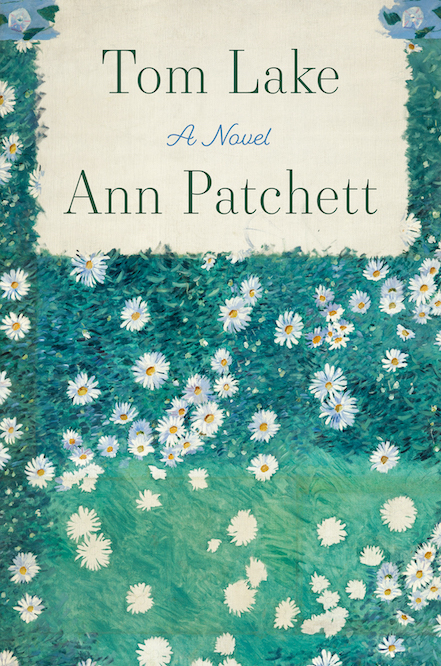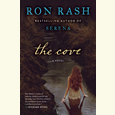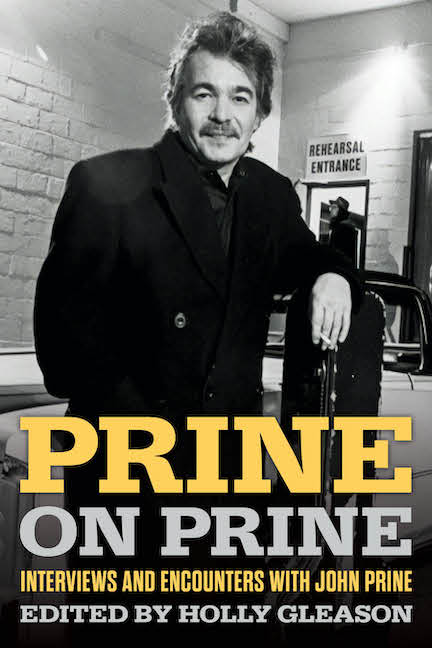Alone Together
Richard Bausch’s Before, During, After is a 9/11 novel that intertwines the upheavals of violence and love
When Michael Faulk, one of two protagonists in Richard Bausch’s new novel Before, During, After, searches for a way out of New York on the morning of September 11, 2001, he finds even the recognizable places of the city altered and strange: “Faulk reached Penn Station, limping from a catch in his knee, and stood in the center of the big space, holding his suitcase. People wandered aimlessly, many of them without luggage. A great roar of voices reverberated in the high vault of the ceiling, and yet no one appeared to be speaking to anyone.” In Before, During, After, the echoes of personal and collective trauma intermingle, clash, and resonate, but the sounds never settle into unison.
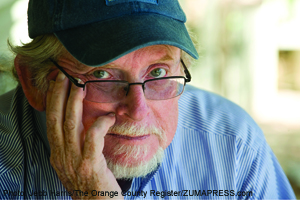 As the novel opens, Faulk and his fiancée, Natasha Barrett, have effectively dismantled their lives. In his late forties, Faulk has just walked away from his vocation as an Episcopal priest, weary of the duty to provide comfort to parishioners in crisis. Following a painful affair with a married man, Natasha has reached a depleted state of her own, surrendering her dreams of maturing as a watercolor artist and burying herself in work as an assistant to a U.S. senator. But contemplating her plans to leave Washington behind and marry Faulk in Memphis, she finds that she is “full of the old thrilling sense of freshness, on the verge of a new life.” Natasha and Faulk experience 9/11 separated by an ocean—Faulk is in New York for a wedding; Natasha is on a trip to Jamaica with a friend—and as the novel unfolds they find that their experiences on that day have cast their love, and their future, into danger.
As the novel opens, Faulk and his fiancée, Natasha Barrett, have effectively dismantled their lives. In his late forties, Faulk has just walked away from his vocation as an Episcopal priest, weary of the duty to provide comfort to parishioners in crisis. Following a painful affair with a married man, Natasha has reached a depleted state of her own, surrendering her dreams of maturing as a watercolor artist and burying herself in work as an assistant to a U.S. senator. But contemplating her plans to leave Washington behind and marry Faulk in Memphis, she finds that she is “full of the old thrilling sense of freshness, on the verge of a new life.” Natasha and Faulk experience 9/11 separated by an ocean—Faulk is in New York for a wedding; Natasha is on a trip to Jamaica with a friend—and as the novel unfolds they find that their experiences on that day have cast their love, and their future, into danger.
The most riveting passages of Before, During, After describe the experience of the catastrophe itself. Faulk, stranded in New York after the attack, must find a way home. First to Washington, then to Memphis, he rides a slow-moving train full of stunned passengers staring at clouds of smoke rising from the fallen towers: “Faulk watched until the cloud was no longer visible, and many others watched, too, the harmed city behind them in the too-bright sun, and the silence felt almost supernatural, as if everyone here were already dead, spirits being carried away.”
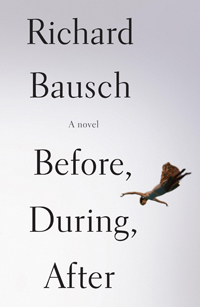 Natasha, too, is stranded when all flights are grounded. She watches the events of the day on televisions in her hotel lobby, which are continually “transmitting the foment of voices, repeating the images that now suddenly, somewhere beyond language—despite everything you knew and feared—were weirdly, distressingly thrilling, too. It was the awful majesty of the terrible.” Unable to reach Faulk and believing that he has likely been killed or injured, she spirals into grief and becomes vulnerable to the other vacationers trapped alongside her, who try to console themselves in a range of perilous ways.
Natasha, too, is stranded when all flights are grounded. She watches the events of the day on televisions in her hotel lobby, which are continually “transmitting the foment of voices, repeating the images that now suddenly, somewhere beyond language—despite everything you knew and feared—were weirdly, distressingly thrilling, too. It was the awful majesty of the terrible.” Unable to reach Faulk and believing that he has likely been killed or injured, she spirals into grief and becomes vulnerable to the other vacationers trapped alongside her, who try to console themselves in a range of perilous ways.
The aftermath of Natasha’s private trauma in Jamaica fuels the conflicts of the novel’s second half. As Faulk and Natasha move closer to their wedding date, nothing feels the same. They are surrounded by evidence that their world is trying to bear a kind of disjointed witness. Troubling headlines and news reports pile up, hour after hour. Improvised theories and conspiratorial notions take the place of clearer answers. Strangers give unprompted accounts of where they were, what they were doing, on the morning that the world turned unrecognizable. Bausch places Faulk and Natasha at the center of this throttled landscape, where they embody the most frightening consequence of grievous change: the possibility that those we love may come to feel like strangers.
In Before, During, After, grief is an inevitable facet of human experience that will not be ignored. We cannot avoid being shaped by events that we cannot control. Sometimes we are battered into silence by a collective grief. Other times, the sorrow may be so private that, even inside our own minds, we cannot bear to commit our experiences to words. Still, the novel seems to insist, we have to try. Though words and stories may be insufficient for our grief, we must seek a voice for what feels unspeakable.
To tackle the subject of 9/11 through the lens of romantic love is a brave choice: any slide into sentimentality would be obscene in the context of those catastrophic events. Bausch avoids this pitfall, portraying Faulk and Natasha with as much toughness as tenderness, a toughness which lends the intimate story an emotional weight that can bear the load of these larger historical events.
Thoughtfully crafted fiction has the ability to hand the freighted events of our era back to us, realigning them with the perceptions and emotions we endured at the time. In Before, During, After, Bausch has found a way to write about love and tragedy that is both particular and resonant, not lost in the sweep of history but enlarged by it.

Emily Choate holds an M.F.A. from Sarah Lawrence College, and her writing has appeared in Yemassee and Tennessee Libraries and is forthcoming in The Florida Review. She lives in her hometown, Nashville, where she’s working on a novel.
